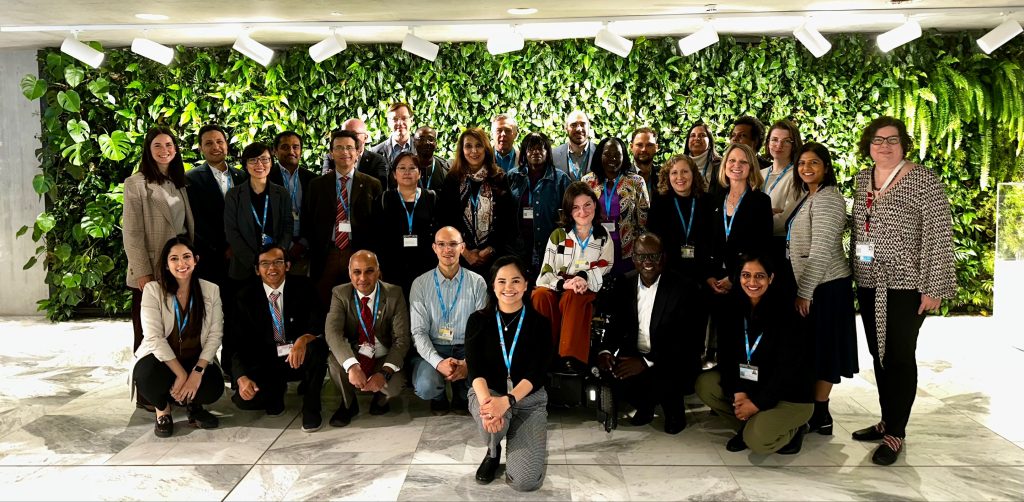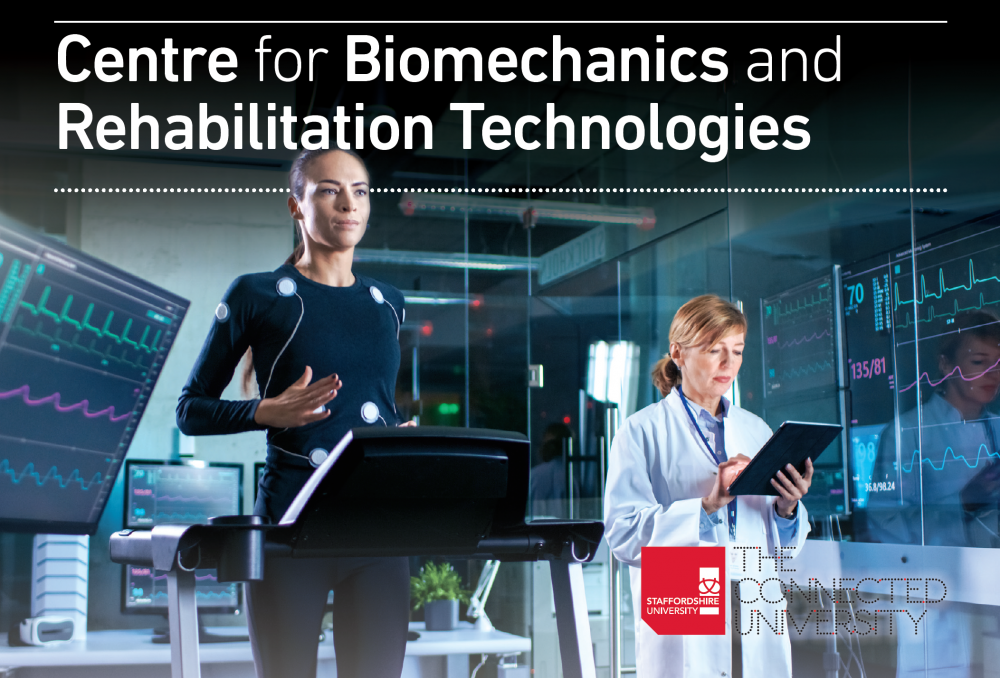
A gathering was hosted by the WHO Assistive Technology team in Geneva on March 28th and 29th, with the objective of evaluating the process, results, and distribution of the WHO rapid Assistive Technology Assessment (rATA) survey, as well as devising strategies to enhance this significant means of collecting data.
The rATA survey is designed to gather information from households at a population level, which includes assessing self-reported requirements, obstacles and demand related to assistive technology. This survey was conducted worldwide between 2019 and 2021 in 35 countries and contributed to the WHO-UNICEF Global Report on Assistive Technology, which was released in May 2022.
At the meeting, 28 stakeholders hailing from 18 different countries were assembled, all of whom were involved in the creation, delivery, and interpretation of rATA data. The participants shared their individual experiences and insights gained from collecting rATA data and collectively identified key measures to enhance the questionnaire’s effectiveness, streamline rATA implementation, offer more robust support for country implementation, fortify data management and analysis, and broaden the dissemination of rATA results.
To inform evidence-based policies and programs, measure progress in improving access to quality assistive products and services, and guarantee equal access to assistive technology for those in need, it is essential to invest in effective and efficient assistive technology data collection. Stakeholder representatives attending the meeting identified key measures to enhance the rATA questionnaire’s effectiveness and ensure equitable access to assistive technology for all. The outcome of this meeting will guide further development of rATA through the GATE Global Network on Measuring Access to Assistive Technology.
(The team at StaffsBiomech conducted the first UK rATA and the data were included in the WHO-UNICEF Global Report on Assistive Technology).

